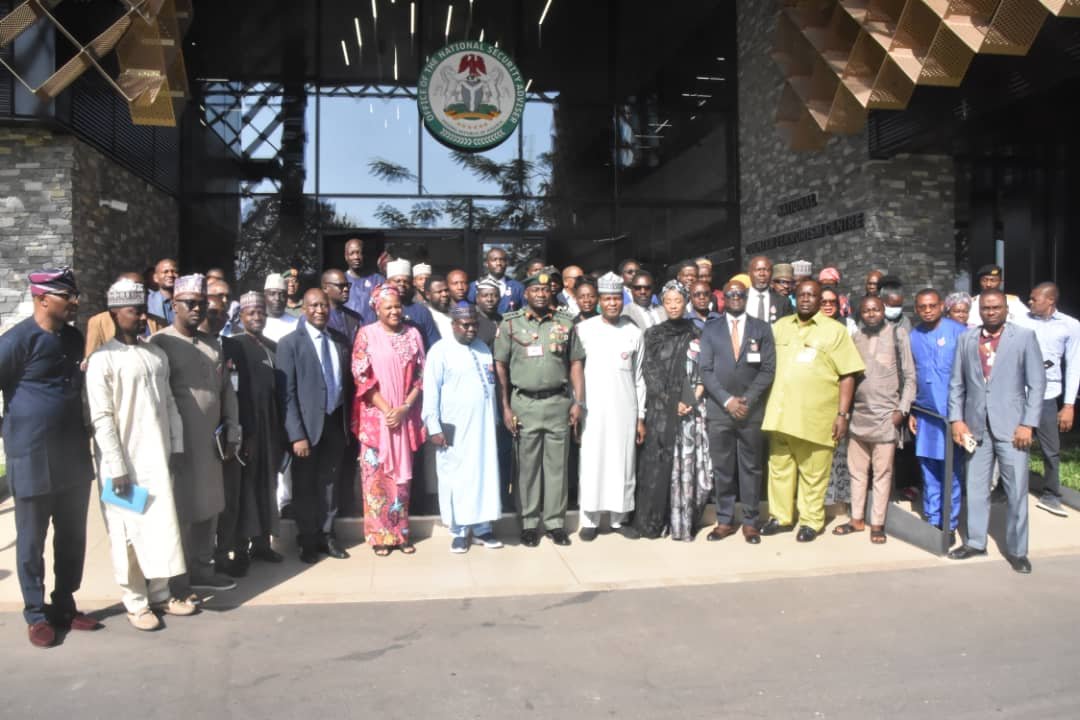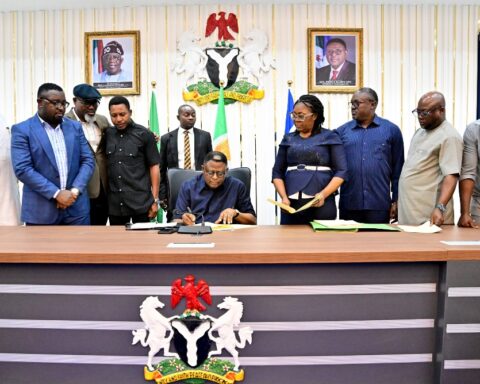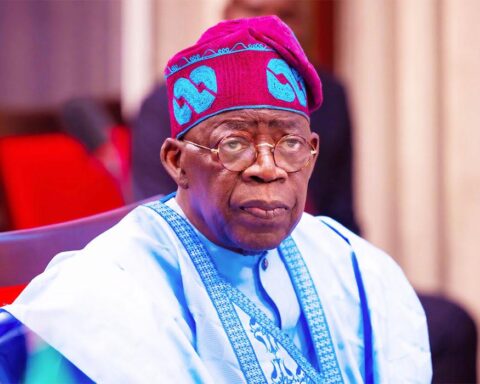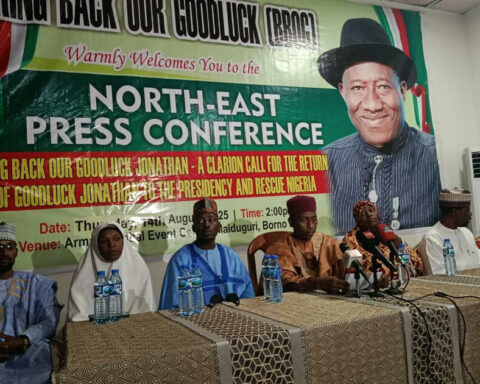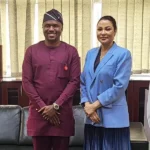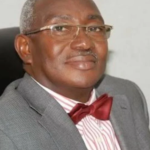The Chief of Defence Staff (CDS), Gen. Christopher Musa, has warned that military power alone cannot safeguard Nigeria as it is only 30 percent of the required for that purpose, urging that military efforts to safeguard the nation’s sovereignty could be enhanced through development journalism.
Musa stated this at the Roundtable Discussion on Nigeria’s Security and National Interest organised by the National Counter Terrorism Center (NCTC), Office of the National Security Adviser (ONSA), on Thursday in Abuja.
The roundtable was organised for members of the Defence Correspondents’ Association of Nigeria (DECAN).
Noting that development journalism seeks to promote public awareness and understanding of defence as well as security issues, while holding governments, the defence sector and other stakeholders accountable for their actions as well as informing decision-making by policymakers and defence officials, General stated that the adoption of a development journalism approach allows for a more active collaboration with journalists and media organisations, enabling them to play a more effective role in promoting national cohesion and stability thereby advancing Nigeria’s national interest.
“Therefore, our national security cannot and should not solely be reliant on the strength of the Armed Forces of Nigeria rather it should be strengthened by Nigeria’s educated, healthy and socially cohesive population underpinned by development journalism.
“More so, the development journalism approach will not only require collaboration and dialogue among stakeholders, it will also focus on people centrism in the accomplishment of Nigeria’s national interest.
“This approach thus resonates with my leadership concept which is, “to Nurture a Professional Armed Forces of Nigeria that is People-Centric, Capable of Meeting its Constitutional Responsibilities in a Joint and Collaborative Environment,” he was quoted by the News Agency of Nigeria (NAN) as saying.
The CDS said that the defence beat should be approached from a development journalism prism through various options available, including prioritisation of human security, adoption of investigative reporting on policy impact and the real-world implications as well as promoting dialogue, inclusivity and stakeholders’ engagement through available fora.
According to General Musa, there is a need for sustainable beat coverage through reporting on innovative practices in defence as well as using available data to tell the stories, as evidence-based outcomes allow for a more informed public discourse.
”These options will engender trust and cooperation between the military, civil society and other stakeholders and enhance contextual understanding of local dynamics for enhanced social cohesion and effective collaboration.
“Today’s occasion presents me the rare opportunity to make a statement on the critical role of the media in fostering Nigeria’s national security and defence matters thus necessitating collaboration to further Nigeria’s national security interest.
“The theme for the discussion: ‘National Security and National Interest: A Development Journalism Approach for the Defence Beat’ is apt.
“This is in considering the propensity of development and sits at the intersection of national pride, global responsibility as well as the pursuit of peaceful coexistence and sustainable development,“ he added.
Musa commended the NCTC for its efforts towards enhancing development journalism.
Earlier, the National Coordinator of NCTC, Maj.-Gen. Adamu Laka, described journalists as pivotal in shaping public perception and policy on critical issues of national security and interests, noting that journalists also have a responsibility to report with accuracy, fairness and sensitivity in an environment that is often fraught with misinformation and heightened emotions.
He pledged the centre’s readiness to continue to collaborate with the media and other critical stakeholders to achieve and sustain the destruction of terrorist propaganda, adding that the objective of this roundtable discussion was to foster an open and insightful exchange of ideas.
“By sharing your experiences, observations and challenges, together we aim to enhance collective understanding of the dynamics of terrorism and its evolving tactics and discover the ethical considerations of reporting on such sensitive issues,” he said.
The Minister of Information, Muhammed Idris, represented by the Director-General, Voice of Nigeria (VON), Jibrin Baba-Ndace, commended the centre for organising the roundtable.
He urged the centre and the military to sustain such media engagement to be able to counter the terrorists’ narratives, calling on the media to maintain responsible reporting, bearing national security interest in mind.
In his lecture, former Defence Spokesman, retired Maj.-Gen. Chris Olukolade, said that defence reporting should align with the broader goal of safeguarding national unity and security, insisting that journalists must recognise the potential impact of their stories on public perception and national stability.
He also called for fact-checking practice in counter-terrorism reporting to avoid disseminating false or exaggerated claims that could inflame tensions or jeopardise security operations.
